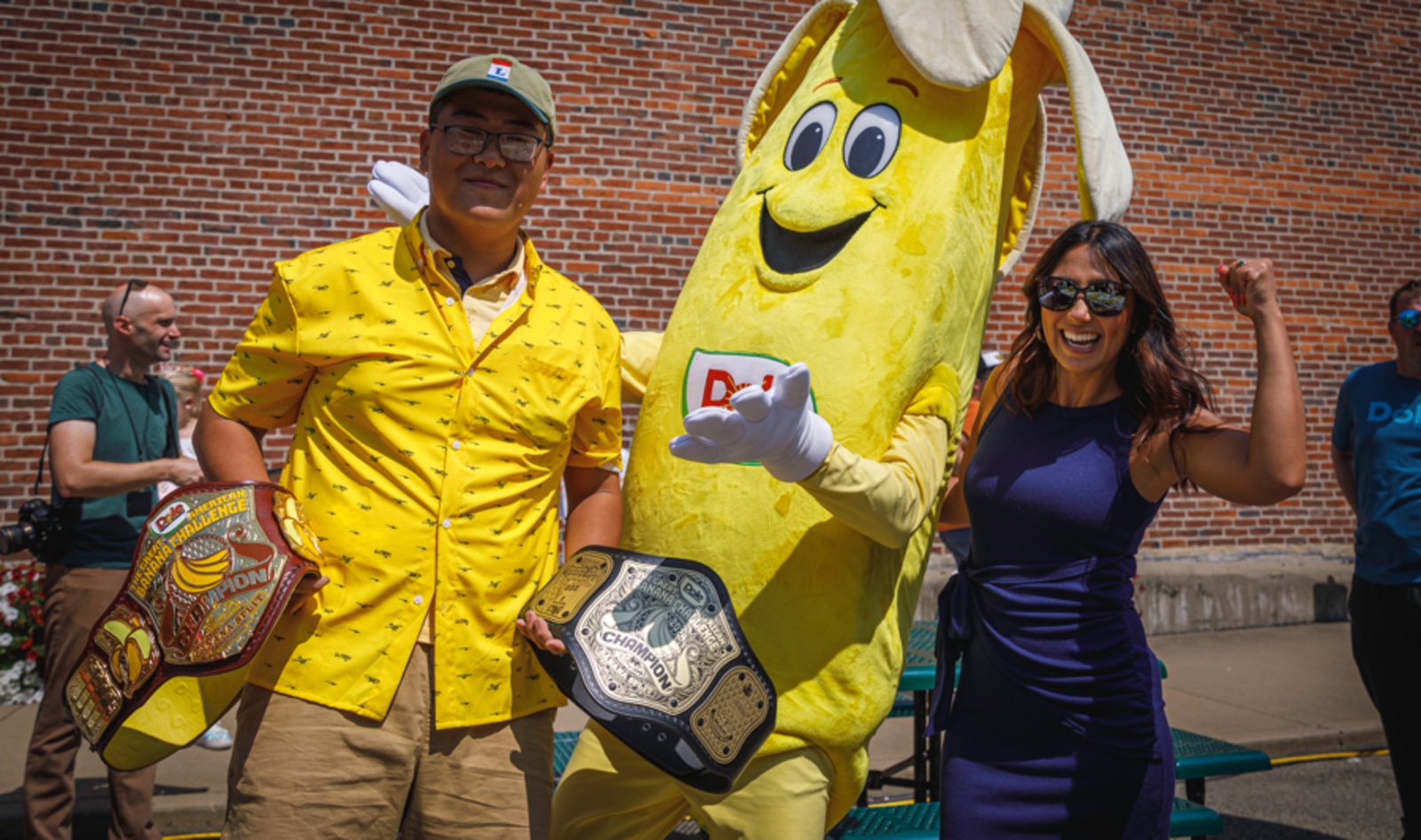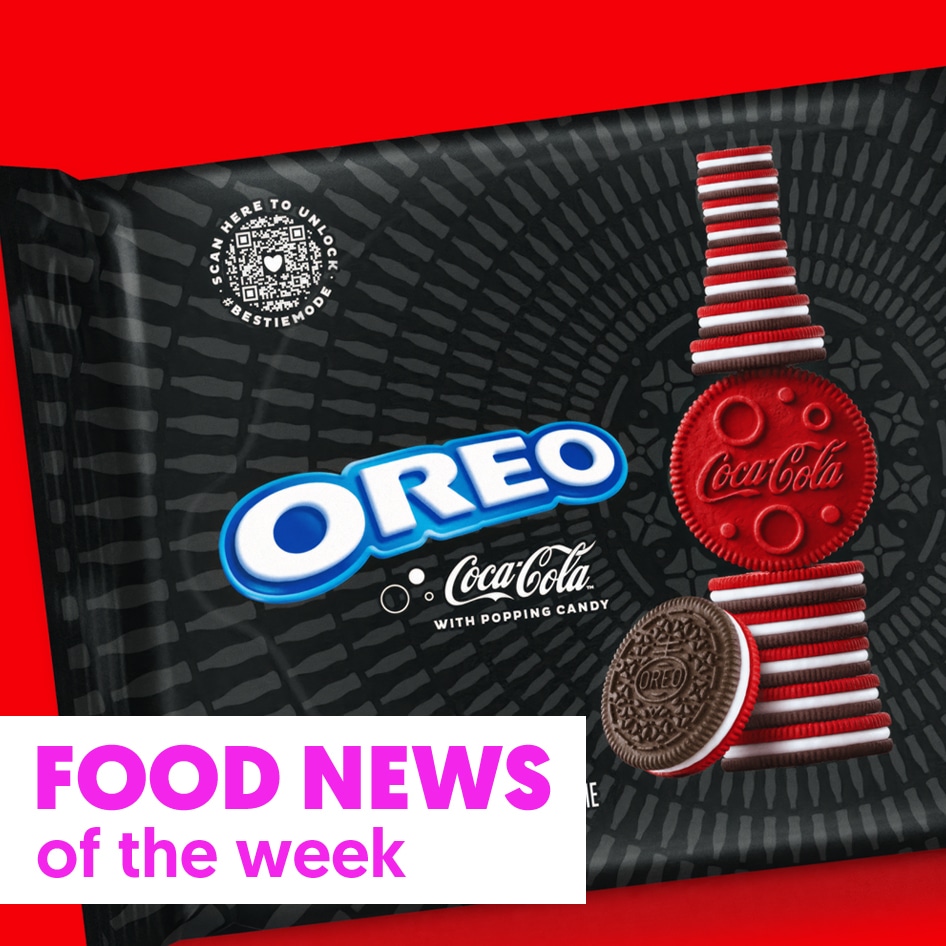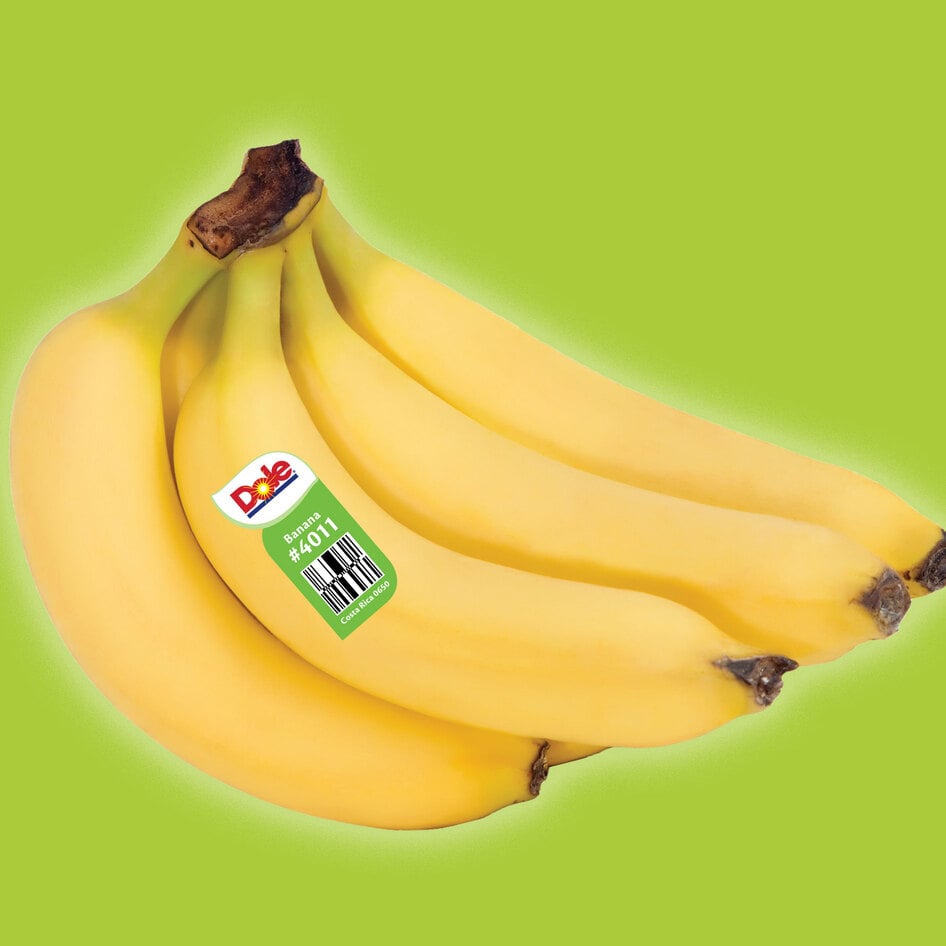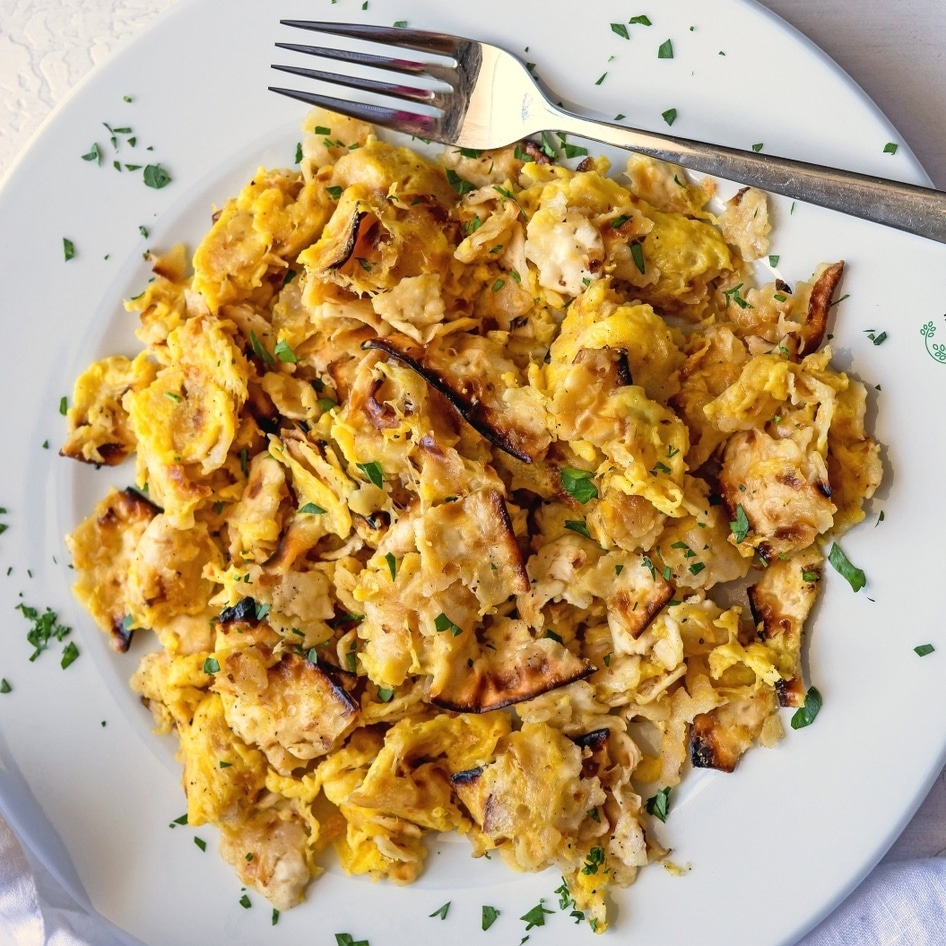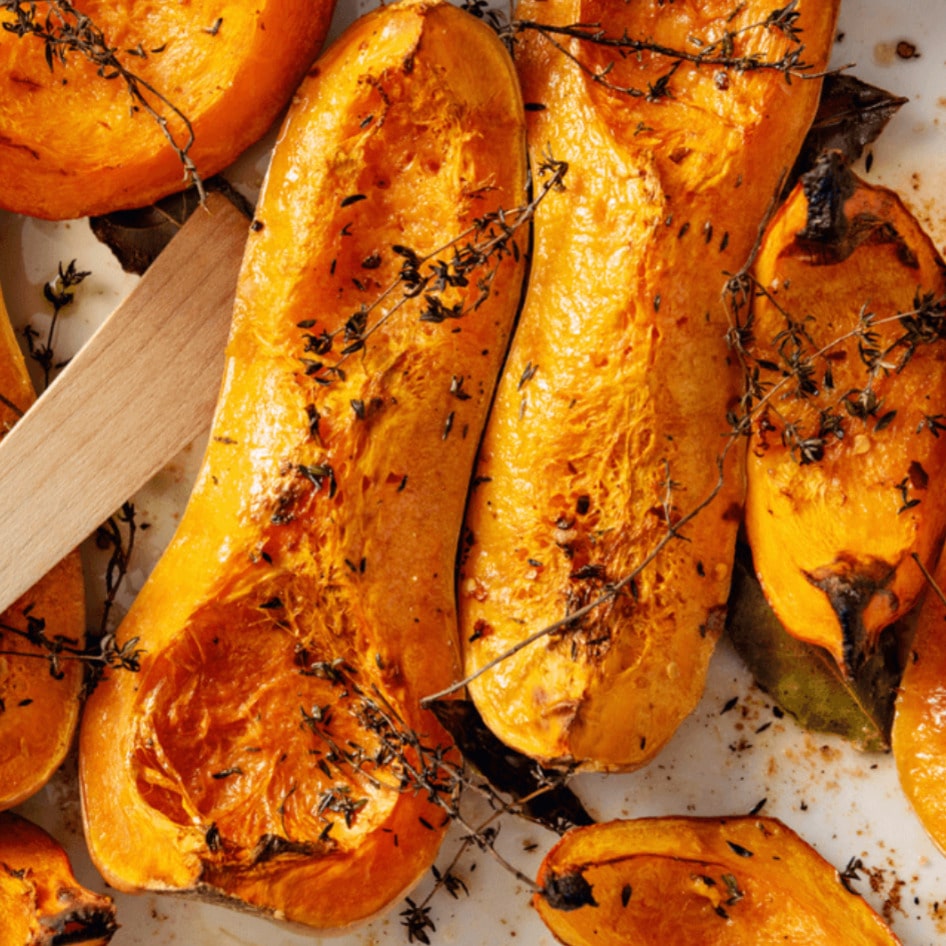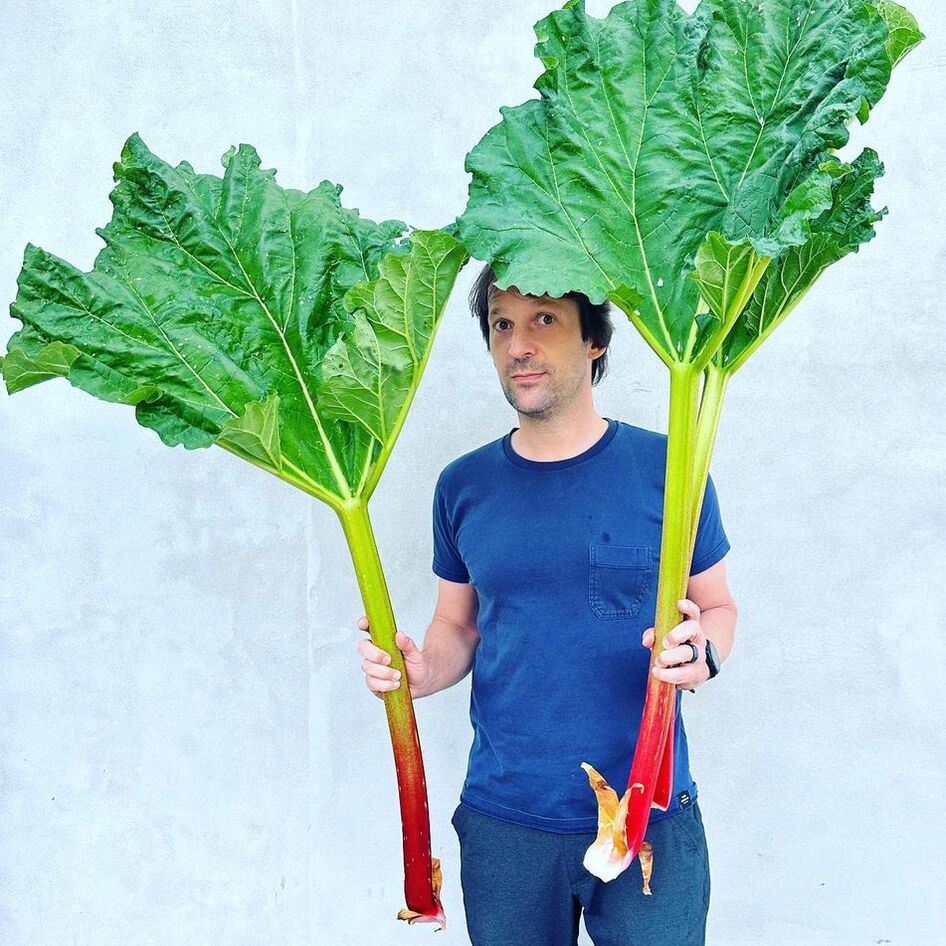Competitive eating has long been associated with events like Nathan’s Famous Hot Dog Eating Contest, where winning means eating a whopping 76 hot dogs in 10 minutes, a record set by Joey Chestnut in 2021.
But with growing research linking processed meat to all kinds of health issues, does America really want to encourage eating that many hot dogs these days?
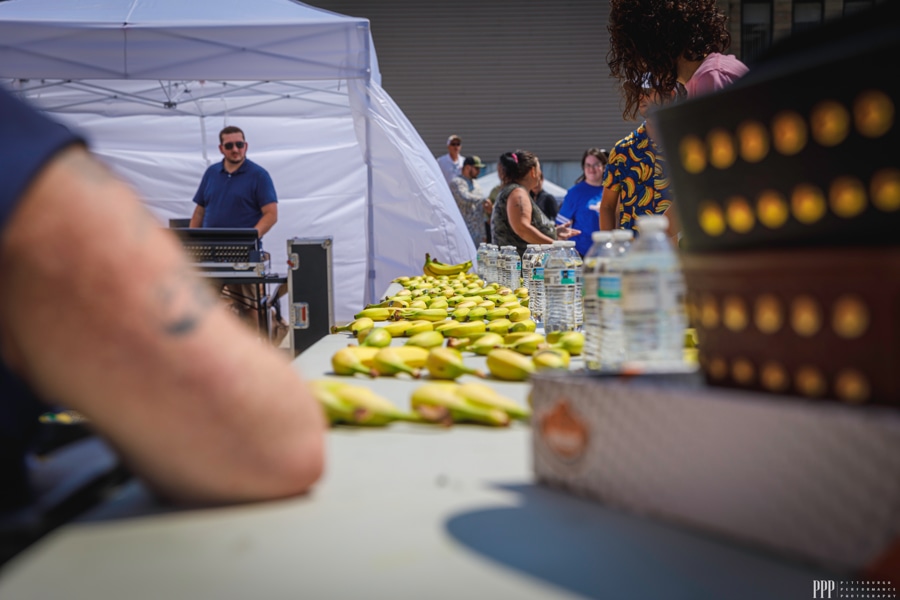 Doug Estok, Pittsburgh Performance Photography
Doug Estok, Pittsburgh Performance Photography
The Dole Food Company might have a solution that preserves the culture of competitive eating while pushing the sport into a new, healthier direction.
Dole’s Great American Banana Challenge
This summer in Pennsylvania, eager competitors lined up for the inaugural Dole’s Great American Banana Challenge. The goal? Peel and eat as many bananas as possible in a little more than two minutes.
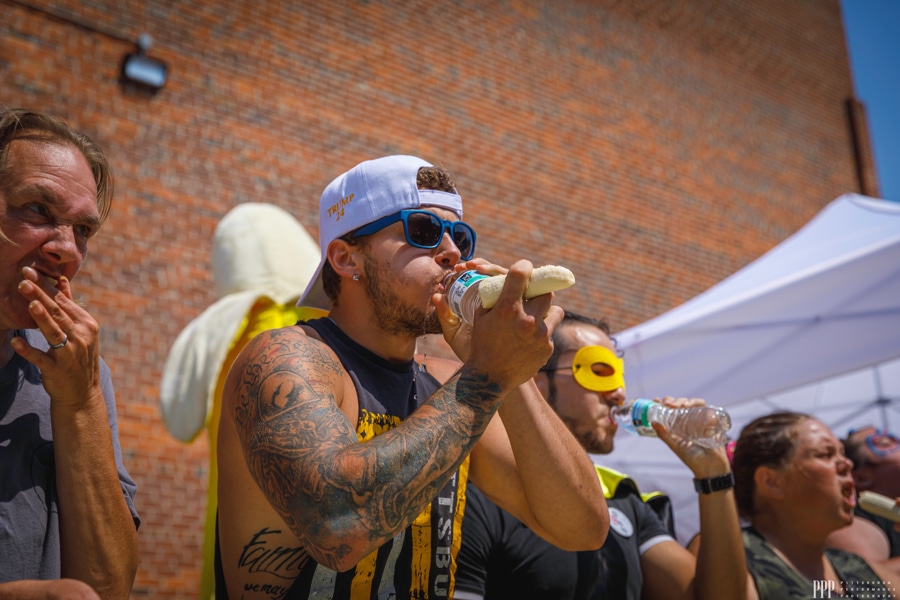 Doug Estok, Pittsburgh Performance Photography
Doug Estok, Pittsburgh Performance Photography
Dole’s banana-eating contest is a key part of the Great American Banana Split Celebration held in Latrobe, PA, the birthplace of the banana split. This challenge aims to create a plant-based approach to events traditionally dominated by indulgent, meat-heavy competitions.
The competition has clear parallels with Nathan’s, yet the focus on bananas—globally popular for their versatility, nutrition, and ease of preparation—marks a significant shift in the competitive eating landscape.
“The goal was to create a variation on the American eating-contest tradition that felt healthier and more nutrient-dense… and more in sync with Dole’s overall mission of encouraging Americans to adopt a diet rich in fruits and vegetables,” Bil Goldfield, Director of Corporate Communications for Dole Food Company, tells VegNews.
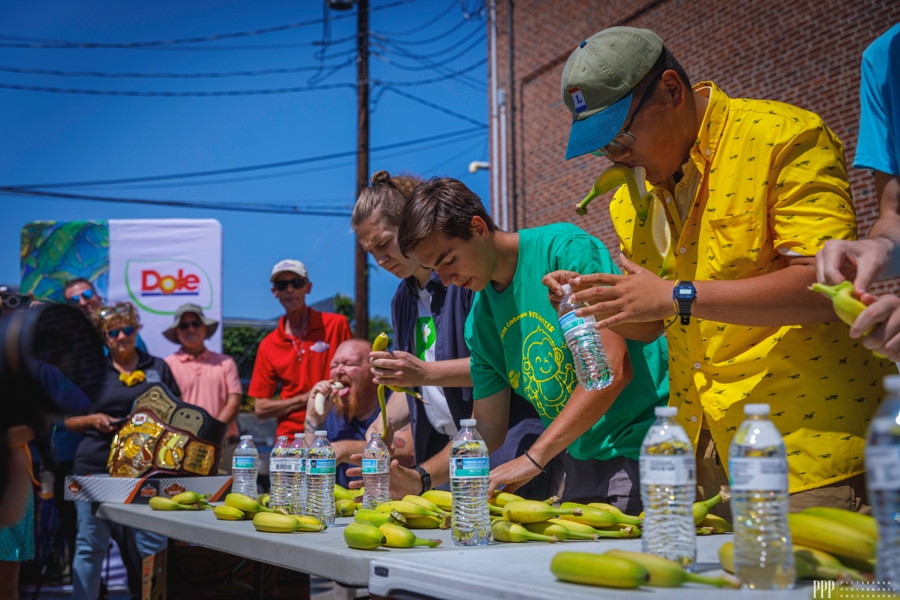 Doug Estok, Pittsburgh Performance Photography
Doug Estok, Pittsburgh Performance Photography
This idea of creating a fun yet healthier alternative to traditional competitive eating forms the foundation of Dole’s involvement in the festival, taking the company’s long-standing partnership with the Banana Split Celebration to a new level.
Part of the appeal of the banana challenge lies in its unique format. Unlike Nathan’s, where participants must rapidly consume processed meat, Dole’s contest introduces a strategic element: peeling bananas efficiently in the limited timeframe of 125 seconds, a nod to Dole’s 125 years in the banana business.
“As for the rules, we really liked the idea of a peel-and-eat contest since it adds an element of strategy, dexterity and finesse,” Goldfield says. “Not many people know it, but there is more than one way to peel a banana.”
The winner of the inaugural contest, Leo Sun of Latrobe, peeled and ate 11 bananas in 125 seconds, setting the bar for future competitors.
Dole versus Nathan’s: a different kind of contest
Beyond the spectacle, Dole’s contest ties into broader health initiatives. As Goldfield explains, Dole’s sponsorship of the event through 2027 is designed to raise awareness about healthier dessert options, as well as its extensive library of fruit-forward recipes, like the iconic (and vegan) Dole Whip.
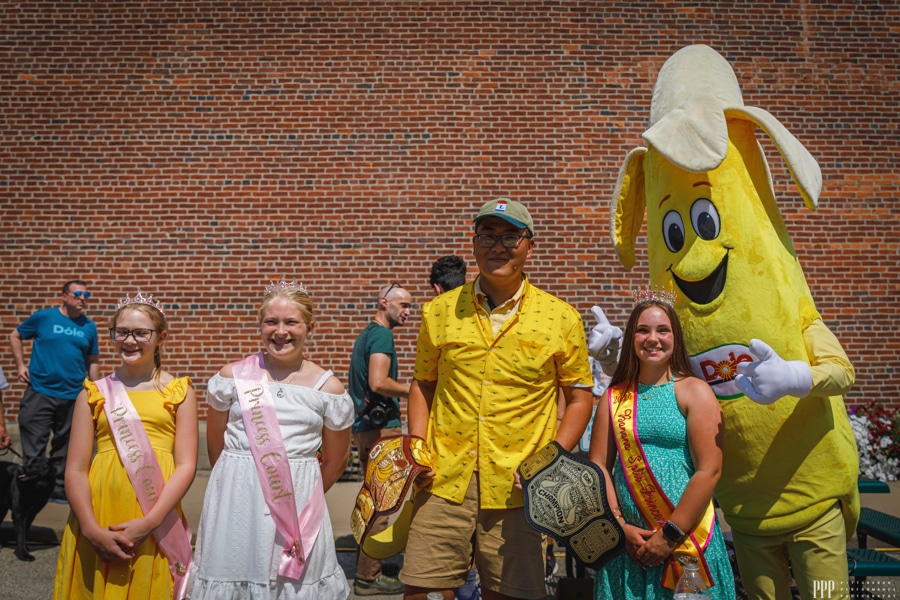 Doug Estok, Pittsburgh Performance Photography
Doug Estok, Pittsburgh Performance Photography
While Dole is looking to make its mark in the competitive eating space, Nathan’s contest has been grappling with controversies, particularly surrounding Chestnut’s endorsement of Impossible Foods.
The rift between Nathan’s and Chestnut stems from the latter’s decision to endorse plant-based hot dogs from Impossible Foods, a direct competitor to Nathan’s traditional, animal-derived product line. This led Major League Eating (MLE) to bar Chestnut from the 2024 Nathan’s contest, a decision that has sparked widespread discussion.
Goldfield sees this controversy as an opportunity for Dole’s challenge to attract greater attention, particularly during a time when medical professionals advise Americans to cut their consumption of processed meat.
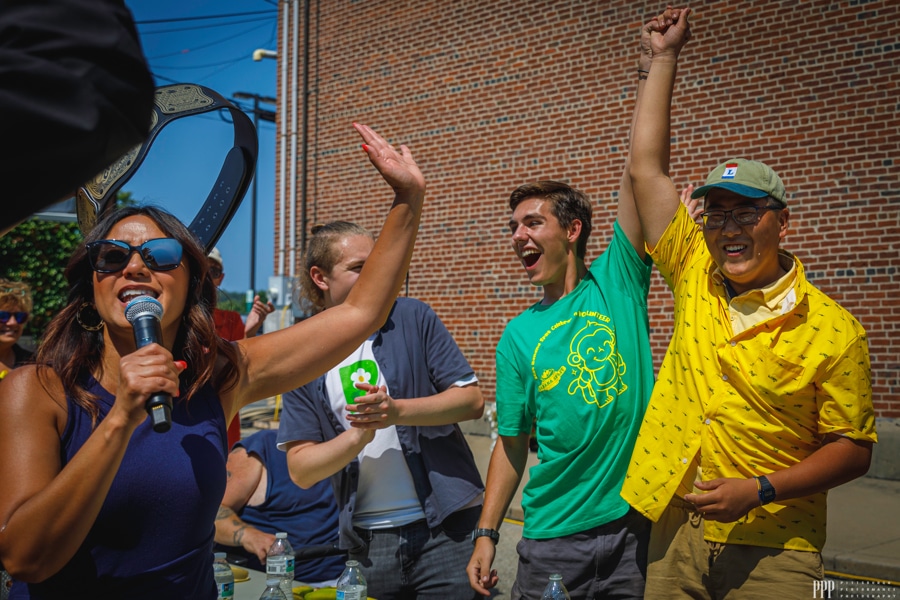 Doug Estok, Pittsburgh Performance Photography
Doug Estok, Pittsburgh Performance Photography
“All the news surrounding Nathan’s banning Joey from this year’s competition proved to us just how much the public follows (and cares about) these contests,” Goldfield says. “What if we could encourage the public to care as much about a competition involving the world’s most popular fruit and one of the most-purchased items in American supermarkets?”
Dole’s vision for plant-based eating competitions
As the most-purchased item in US supermarkets, bananas represent a dietary staple that can appeal to a broad audience.
An average American consumes approximately 27 pounds of bananas each year, which is roughly equivalent to 90 bananas per person. For context, The American Hot Dog Council estimates that Americans eat about 70 hot dogs per person every year.
This means that bananas are indeed as iconic as hot dogs. They also come with the added benefit of being nutritionally superior.
This positions Dole’s contest to potentially rival Nathan’s in terms of popularity, especially as consumers continue to connect the dots between processed meat and chronic illness. Plus, the contest has a legitimate championship belt.
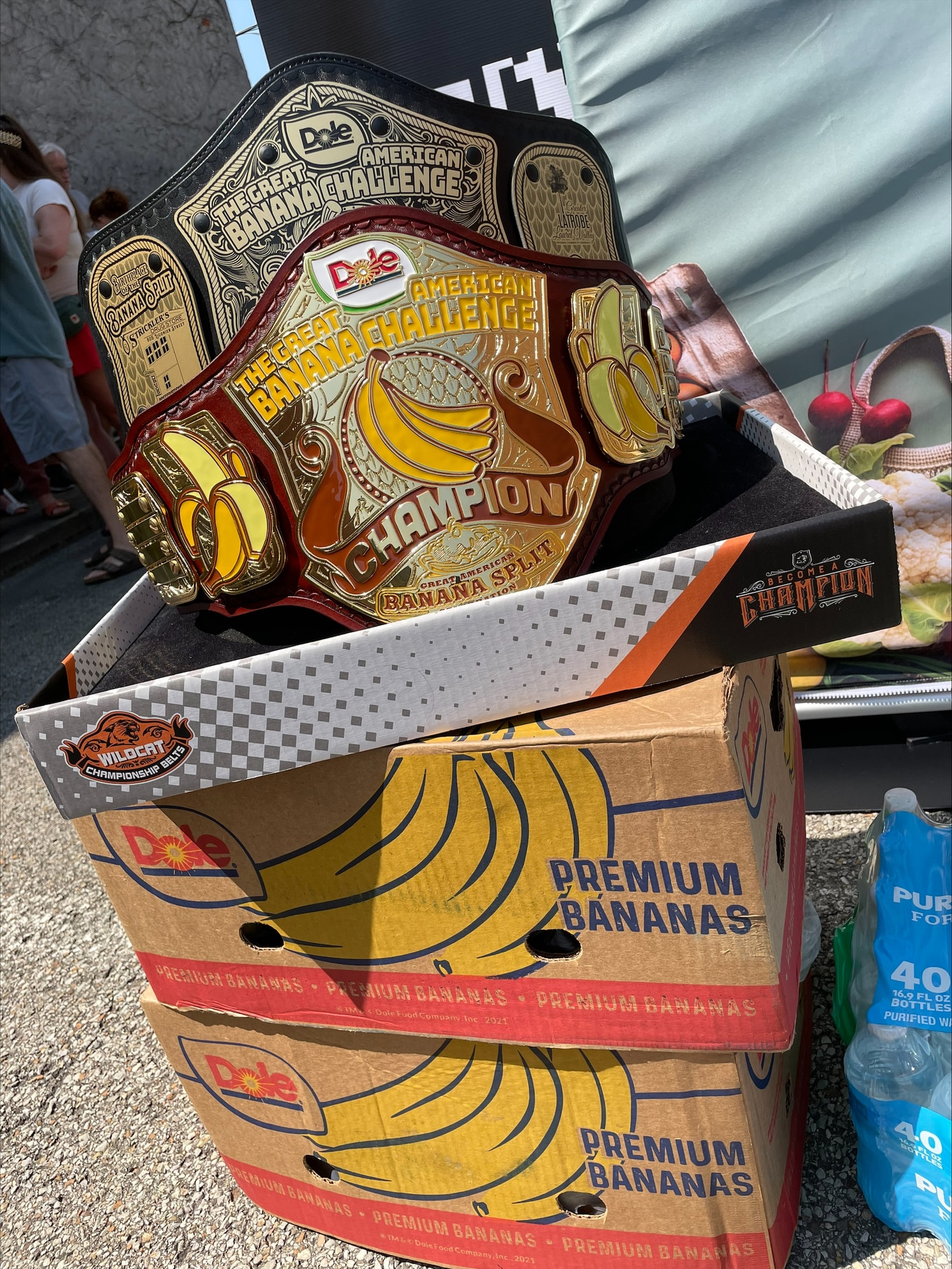 Dole Food Company
Dole Food Company
Made by Andrew Lazarchik—founder of Wildcat Championship Belts, the same firm responsible for creating the belts for Nathan’s, the WWE, and the Pepsi/NFL Player of the Week—the Dole Banana Challenge Belt was designed to commemorate the company’s 125th anniversary while providing a tangible symbol of victory for the contest.
In a Labor Day battle this year—which wasn’t tied to Nathan’s—Chestnut surpassed his record, devouring 83 hot dogs in 10 minutes beating longtime rival Takeru Kobayashi. And this year, Nathan’s crowned a new winner, Patrick Bertoletti, who ate 58 hot dogs and buns in the allotted 10 minutes.
“We’d love to see the day when Leo Sun, this year’s winner, is as well-known as Takeru Kobayashi or Joey Chestnut,” Goldfield says.
If Sun kept his Dole competition pace of 0.088 bananas per second, he would peel and eat 52.8 bananas in 10 minutes. While it might be comparing apples to oranges (err, bananas), not eating dozens of hot dogs is a major health win, any way you slice it.
For more plant-based stories like this, read:
JUMP TO ... Latest News | Recipes | Guides | Health | Subscribe

